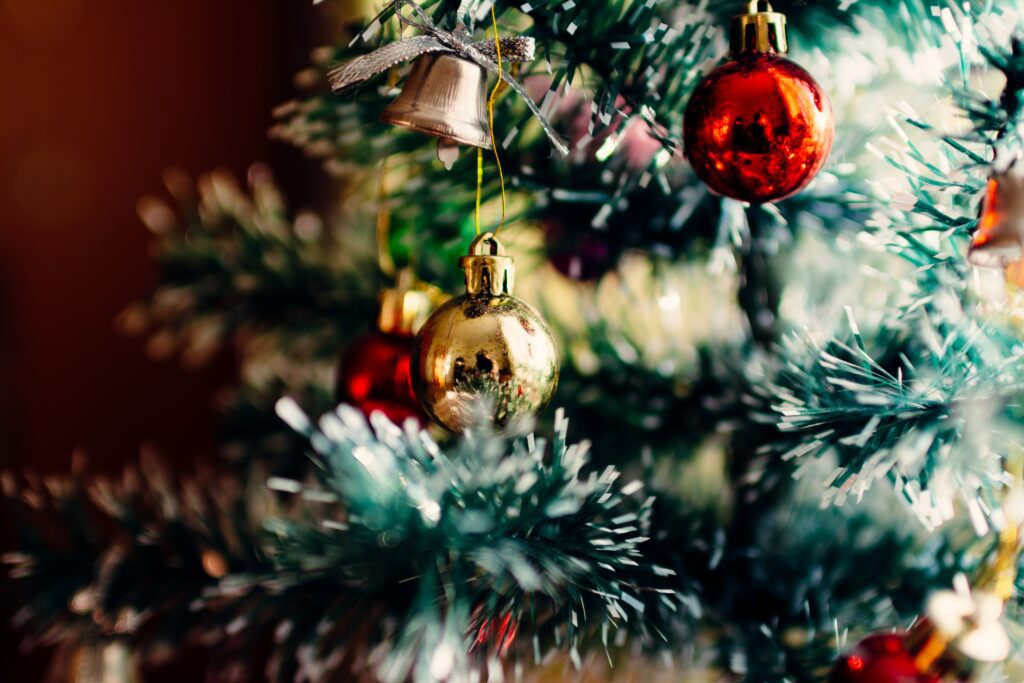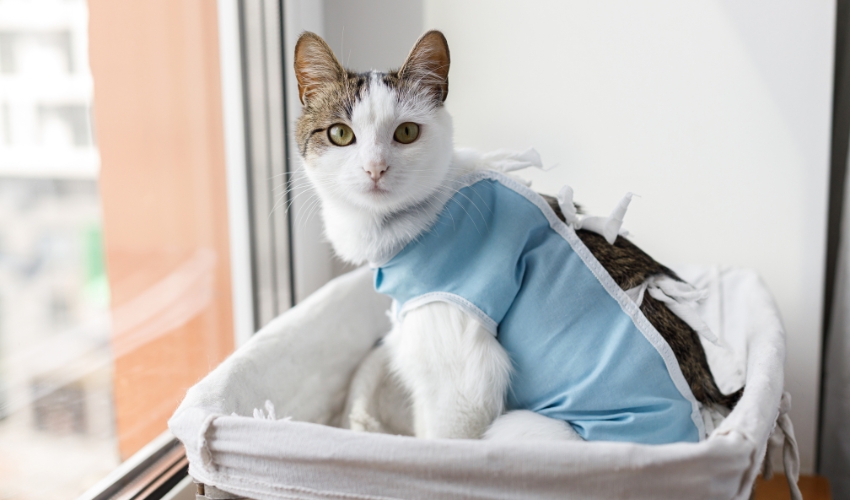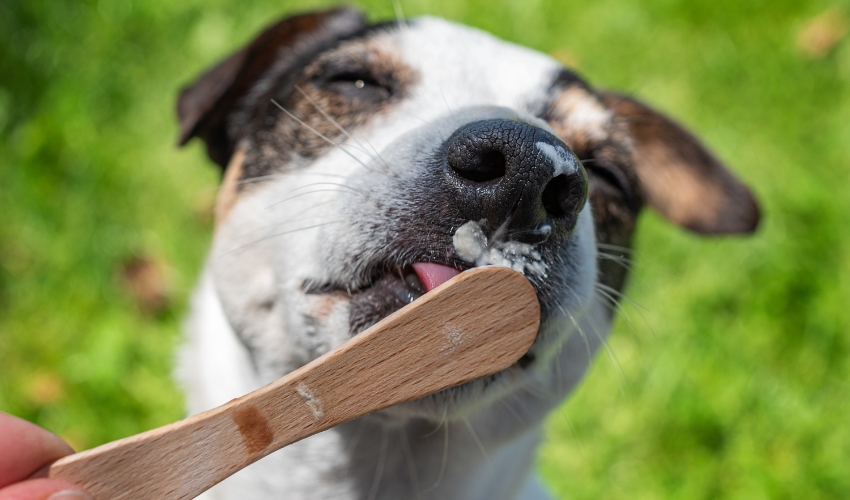It’s already December! As fast as time is going, we want to remember to watch out for our pets to keep them safe and healthy. As the holiday season continues there will be celebrations that your pet may or may not be attending. We found a few tips from the American Veterinary Medical Foundation that may be helpful when it comes to holiday food.
First, the most important holiday topic, food. We know relatives and maybe even us personally like tosneak our furry friends a sample of what we are eating here and there. But be aware of what you are feeding them.
The foods below that we eat are hazardous for pets:
-
Chocolate is an essential part of the holidays for many people, but it is toxic to dogs and cats. Although the toxicity can vary based on the type of chocolate, the size of your pet, and the amount they ate, it’s safer to consider all chocolate off limits for pets.
-
Other sweets and baked goods also should be kept out of reach. Not only are they often too rich for pets; an artificial sweetener often found in baked goods, candy and chewing gum, xylitol, has been linked to liver failure and death in dogs.
-
Turkey and turkey skin – sometimes even in small amounts – can cause a life-threatening condition in pets known as pancreatitis.
-
Table scraps – including gravy and meat fat –also should be kept away from pets. Many foods that are healthy for people are poisonous to pets, including onions, raisins and grapes. During the holidays, when our own diets tend toward extra-rich foods, table scraps can be especially fattening and hard for animals to digest and can cause pancreatitis.
-
Yeast dough can cause problems for pets, including painful gas and potentially dangerous bloating.
Decorating
As our houses become winter wonderlands decorated with a Christmas tree, decorations and much more, the risk to our pets increases.
-
Christmas trees can tip over if pets climb on them or try to play with the lights and ornaments. Consider tying your tree to the ceiling or a doorframe using fishing line to secure it.
-
Water additives for Christmas trees can be hazardous to your pets. Do not add aspirin, sugar, or anything to the water for your tree if you have pets in the house.
-
Ornaments can cause hazards for pets. Broken ornaments can cause injuries, and ingested ornaments can cause intestinal blockage or even toxicity. Keep any homemade ornaments, particularly those made from salt-dough or other food-based materials, out of reach of pets.

-
Tinsel and other holiday decorations also can be tempting for pets to eat. Consuming them can cause intestinal blockages, sometimes requiring surgery. Breakable ornaments or decorations can cause injuries.
-
Electric lights can cause burns when a curious pet chews the cords.
-
Flowers and festive plants can result in an emergency veterinary visit if your pet gets hold of them. Amaryllis, mistletoe, balsam, pine, cedar, and holly are among the common holiday plants that can be dangerous and even poisonous to pets who decide to eat them. Poinsettias can be troublesome as well. The ASPCA offers lists of plants that are toxic to dogs and cats.
-
Candles are attractive to pets as well as people. Never leave a pet alone in an area with a lit candle; it could result in a fire.
-
Potpourris should be kept out of reach of inquisitive pets. Liquid potpourris pose risks because they contain essential oils and cationic detergents that can severely damage your pet’s mouth, eyes and skin. Solid potpourris could cause problems if eaten.
For more tips like these you can read the full blog here, Holiday Pet Safety











